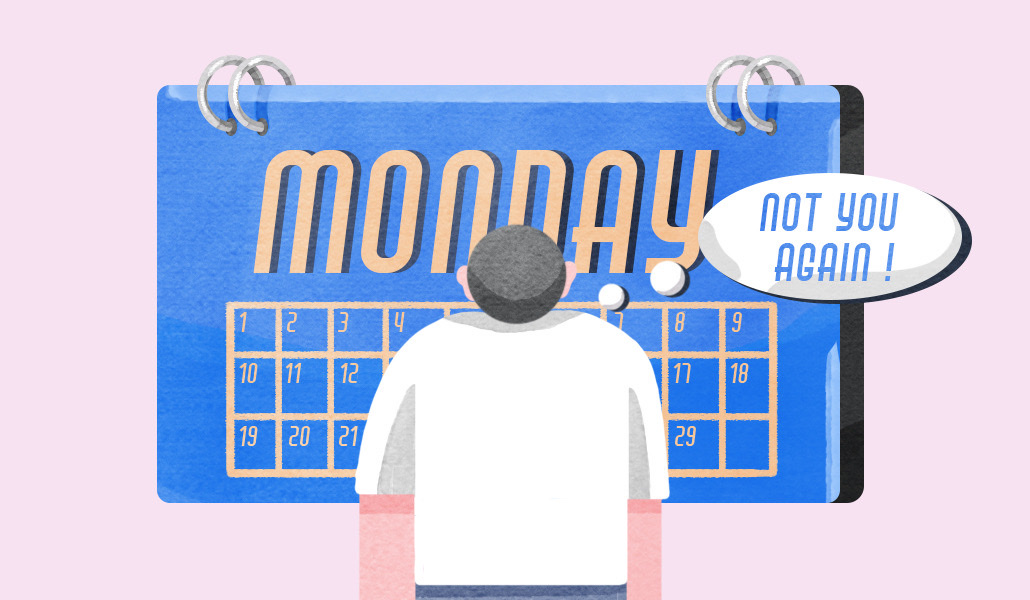Here are five reasons why people are quitting after being promoted

Employees aren’t going to stay just because they’ve been promoted. In fact, it could lead to the exact opposite outcome.
New data from payroll services provider ADP shows employees are more likely to jump ship right after receiving a promotion. It found that nearly one-third of people quit their jobs within one month of receiving a promotion, compared to just 18% for employees who were not recently promoted. This trend is most pronounced for jobs with lower entry requirements, ADP found.
It’s an alarming statistic for managers and recruiters who have long looked at extending a promotion as one of the main tools to boost employee loyalty and encourage them to stay on that path for years to come.
We spoke to recruiters, psychologists and work leaders to get to the bottom of why recently promoted workers leave. Here are the top five reasons.
Psychological pressure and burnout
A title change can be overwhelming in many ways, including mentally. People who are going up the ranks are taking on new responsibilities and bigger workloads. That comes with more pressure to do the job right and show that the company made the right decision moving you to the next level.
“For some, this sudden change can be overwhelming, leading to feelings of inadequacy or what’s known as the imposter syndrome,” said Bayu Prihandito, certified psychology expert and life coach and founder of Life Architekture. “Quitting then becomes a way for them to escape this new pressure.”
On top of that, some of these promotions are masked as a positive career development, but are in fact just 10 jobs rolled into one.
“Fancy title cloaking [is] a role that leads to burn-out,” said Laura Mazzullo, founder of recruitment firm East Side Staffing. “So employees take these roles with optimism only to find they’re understaffed, overworked and under-resourced. This is a recipe for flight risk.”
Skills mismatch
The best players rarely make the best coaches. Moving a really good employee to a management position might not work out. If that’s something that that individual realizes, they might decide to quit instead of going back to their boss and asking for their old job back.
“While some may have been content with their previous tasks, the new role may introduce them to duties that don’t align with their interests or strengths,” said Cheri Fisher, a recruiter for the RFP Success Company. “This stark mismatch in job content can lead them to reevaluate their career trajectory and contemplate leaving in pursuit of roles that better align with their professional passions and capabilities.”
Lack of recognition
Getting a promotion is exciting, but if it’s swept under the rug by the company, it can leave that individual feeling like they aren’t appreciated or didn’t really deserve it. Put simply, a promotion should come with the acknowledgment of it.
“Their consistent dedication and outstanding contributions deserve recognition and appreciation,” said Fisher. ‘When they perceive a lack of acknowledgement for their hard work, they can become disheartened and may begin exploring opportunities where their efforts are genuinely valued and rewarded, driving them away from their current organization.”
It could also be a case of too little too late.
“What did it take to achieve the promotion?,” said Barbara Palmer, founder of Broad Perspective Consulting. “A loyal, hard-working employee may feel that they had to work too hard to convince the organization that they were deserving and it may have come at too high a personal price.”
Mazzullo agrees, saying “this dissatisfaction is what creates ‘bad employee experiences’ and then ‘bad employer brands.’
Nothing changes
While a promotion sounds exciting and like an opportunity to grow in your career, there are instances where nothing actually changes. That can be a reflection of a workplace that doesn’t have solid growth plans or structure to the company.
“A promotion can often feel like an anticlimax because in reality, whilst there may be a small change such as a pay rise, an extra report or responsibilities, the environment and culture doesn’t change,” said James Congdon, founder of a specialist recruitment agency With Frontier.
The next pay bracket
With a promotion, you’re instantly more marketable. During an interview process with another company, you used to only be able to say you were making X amount of money. Now you have a higher number to get out there with and make an even higher pay jump.
“Some people will sit it out in a role in order to get a promotion, then with the new title in hand, head to a new company offering more money, a change of pace, people and environment,” said Congdon.
Palmer says that internal promotions are rooted in a base that may be under-market in terms of salary. Once the employee achieves the title, their market price may be much higher than the promotion.
“A 15% internal comp increase sounds rich, but an outside hire may yield upwards of 35-50% comp adjustment,” said Palmer. “It is hard to say no to a marketplace that is talking meaningful dollars.”
Additionally, once you change your title on LinkedIn, it is very likely that you will be on other’s radars and see new opportunities. “You will play in different circles and therefore opportunities may arise that you did not know about previously,” said Palmer.


